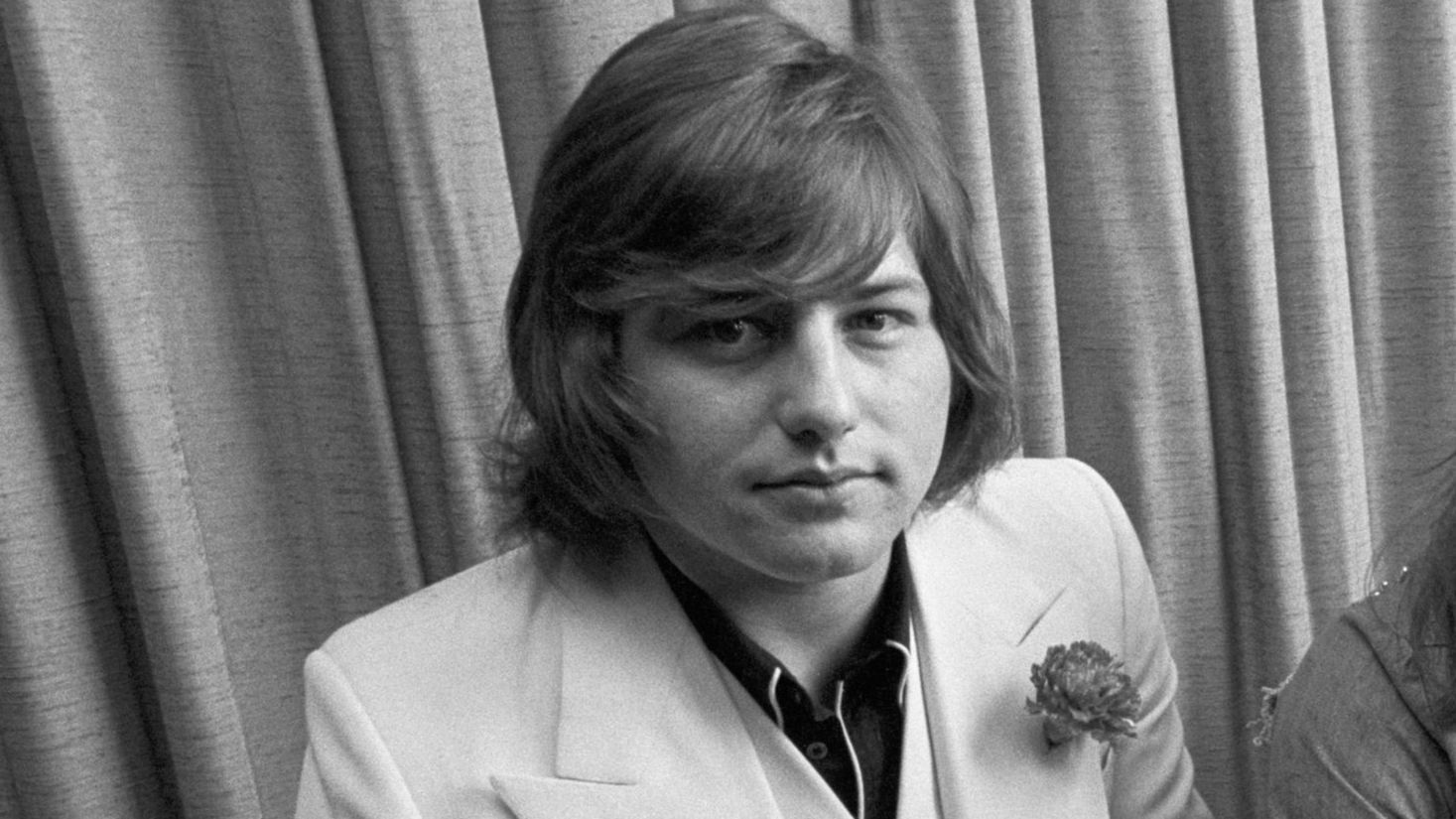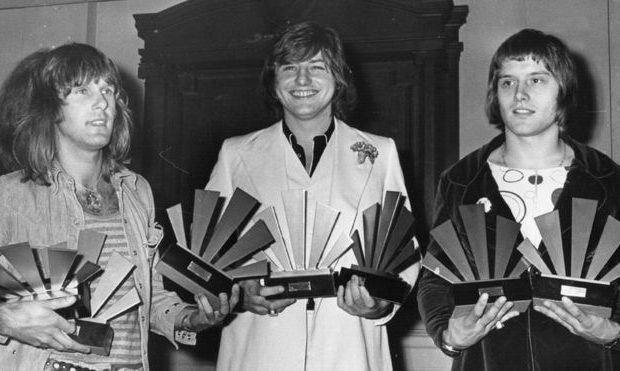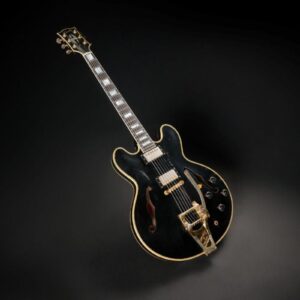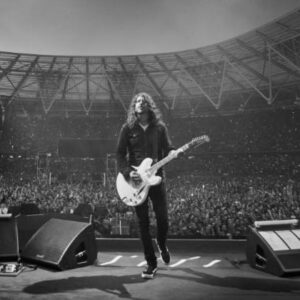
We only recommend products that we use and believe in. When you purchase through links on our site, we may earn an affiliate commission.
Greg Lake, who fronted both King Crimson and Emerson, Lake and Palmer, has died aged 69.
By Mark Savage
BBC Music reporter
One of the founding fathers of progressive rock, the British musician is known for songs including In the Court of the Crimson King and his solo hit I Believe in Father Christmas.
He died on Wednesday, December 7, 2016 after “a long and stubborn battle with cancer”, said his manager.
The news comes nine months after Lake’s band-mate Keith Emerson died.
Keyboardist Emerson died of a self-inflicted gunshot wound, coroners in the US said.

Lake’s manager Stewart Young wrote on Facebook: “Yesterday, December 7th, I lost my best friend to a long and stubborn battle with cancer.
“Greg Lake will stay in my heart forever, as he has always been.”
Genesis guitarist Steve Hackett paid tribute on Twitter, writing: “Music bows its head to acknowledge the passing of a great musician and singer, Greg Lake.”
“Another sad loss with the passing of Greg Lake,” wrote Rick Wakeman, keyboardist in prog rock band Yes.
“You left some great music with us my friend & so like Keith, you will live on.”
‘Greatest music made for love’
Born in Bournemouth, Lake was given his first guitar at the age of 12 and took lessons from a local tutor called Don Strike.
He formed a close friendship with fellow student Robert Fripp, with whom he created King Crimson in 1969.
Their debut album In the Court of the Crimson King featured such songs as 21st Century Schizoid Man.
It set a standard for progressive rock and received a glowing, well-publicised testimonial from The Who’s Pete Townshend, who called it “an uncanny masterpiece”.
But within a year, founding member Mike Giles quit and Lake refused to work with the band – although he stuck around long enough to sing on their second album, In the Wake of Poseidon, which was criticised for treading old ground.
‘Love not money’
The singer and bassist was then approached by Emerson, who had supported King Crimson on a North American tour and needed a singer for his new band.
Joined by Atomic Rooster drummer Carl Palmer, ELP made their live debut at the Guildhall in Plymouth in 1970 before giving a career-making performance at the Isle of Wight Festival.
Unusually, the band combined heavy rock riffs with a classical influence. They scored hit albums with Pictures at an Exhibition, Trilogy and Brain Salad Surgery – many of them produced by Lake himself.
Tarkus, released in 1971, featured an opening track inspired by the fictional Tarkus character – a half-tank, half-armadillo creature that would appear on stage at gigs – that lasted more than 20 minutes.
The band went on to enjoy chart success in 1977 with their version of Aaron Copland’s Fanfare for the Common Man.
ELP’s ambitious light shows and on-stage theatrics were the epitome of ’70s rock excess, and several punk acts cited ELP as one of the bands they were reacting against.
But the band sold more than 48 million records, and Lake continued to be an influential and popular touring musician even after the band wound down in the late 1970s.
In 2010, Kanye West repopularised the King Crimson song 21st Century Schizoid Man when he sampled it in his hit song, Power.
“The greatest music is made for love, not for money,” Lake is quoted as saying on his official website.
“The early ELP albums were pioneering because there is no standing still; time is always moving forward.”



